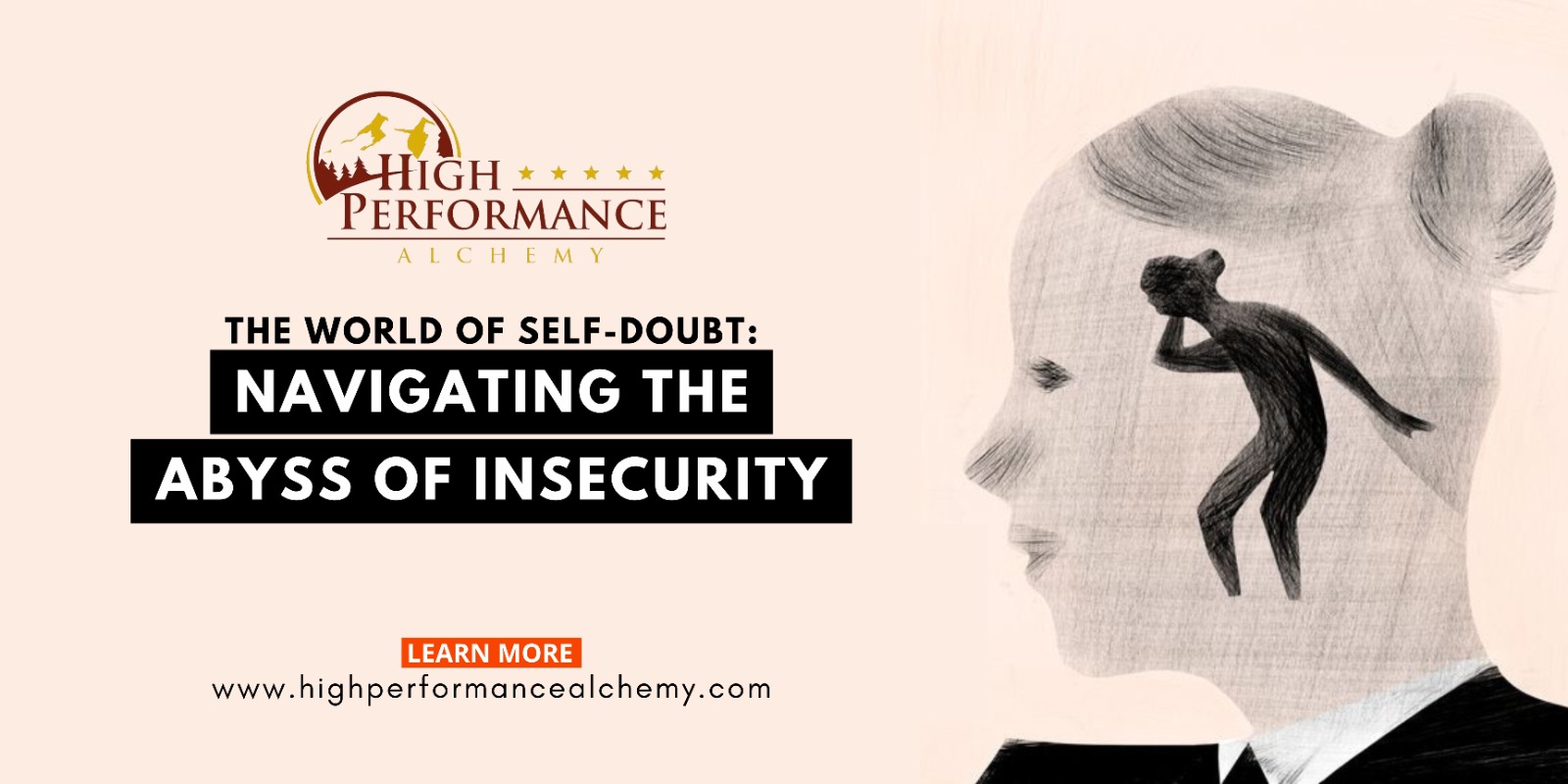Self-doubt, that insidious inner critic, is a universal human experience. It doesn’t discriminate based on age, gender, or background. It infiltrates your minds, casting shadows over your self-esteem, ambitions, and happiness. But what exactly is self-doubt, and how can you navigate this complex and often paralyzing landscape?
Understanding the Beast: What Is Self-Doubt?
Before you delve into strategies for conquering self-doubt, it’s crucial to grasp what you are dealing with. Self-doubt is a pervasive feeling of uncertainty or lack of confidence in oneself and one’s abilities. It’s that nagging voice that whispers, “You are not good enough,” “You will fail,” or “They are all better than you.”
Research in psychology indicates that self-doubt is a natural human response to challenging situations. It can serve as a protective mechanism, urging caution when you encounter the unknown. However, when self-doubt becomes chronic and irrational, it can be debilitating, hindering personal growth and preventing you from pursuing your goals.
The Origins of Self-Doubt
Self-doubt often finds its roots in your past experiences and external influences. Childhood upbringing, peer comparisons, societal standards and traumatic events can all contribute to the development of self-doubt.
For example, growing up in an environment where criticism outweighed praise can instil a deep sense of unworthiness. Similarly, social media and the constant barrage of curated perfection can fuel self-doubt as you compare your messy realities to the polished façades of others.
The Vicious Cycle of Self-Doubt
Self-doubt is not a solitary visitor; it often brings along its companions: fear, anxiety and procrastination. When you doubt yourself, you hesitate to take action, fearing failure or ridicule. This hesitation, in turn, reinforces your self-doubt, creating a vicious cycle that can be hard to break.
One common manifestation of this cycle is impostor syndrome. People with impostor syndrome believe their accomplishments are due to luck rather than competence, and they constantly fear being exposed as frauds. This phenomenon affects high-achievers disproportionately and can prevent them from enjoying their successes.
Anecdotes Of Famous Personalities
Self-doubt doesn’t discriminate, affecting people from all walks of life, including some of the most accomplished individuals. Consider Maya Angelou, the celebrated poet and author, who once confided,
“I have written eleven books, but each time I think, ‘Uh oh, they’re going to find out now. I’ve run a game on everybody, and they’re going to find me out.‘”
Even Albert Einstein, whose name is synonymous with genius, battled self-doubt. He famously stated,
“The exaggerated esteem in which my lifework is held makes me very ill at ease. I feel compelled to think of myself as an involuntary swindler.“
These anecdotes highlight that self-doubt can haunt even the most talented and accomplished people. It’s a reminder that the feeling is not necessarily a reflection of your true abilities.
Confronting Self-Doubt: Strategies for Success
Now that you have explored the nature and origins of self-doubt, let’s turn our attention to strategies for confronting and overcoming it.
Recognize and Acknowledge: The first step in taming self-doubt is to recognize and acknowledge it. Pay attention to the negative self-talk and the moments when self-doubt creeps in. Awareness is the first key to change.
Challenge Your Inner Critic: Once you are aware of your self-doubt, challenge it. Ask yourself if the doubts are based on evidence or unfounded fears. What’s the worst that can happen if you take action despite self-doubt? Often, you will find that your fears are irrational.
Embrace Failure as a Learning Opportunity: Shift your perspective on failure. Instead of seeing it as a confirmation of your inadequacy, view it as a valuable learning experience. Many successful individuals have encountered failure numerous times on their path to success.
Surround Yourself with Support: Seek out a support system of friends, family, or mentors who believe in you. Their encouragement and perspective can counterbalance your self-doubt.
Set Realistic Goals: Set achievable, incremental goals that build your confidence gradually. Small victories can provide evidence of your competence.
Practice Self-Compassion: Treat yourself with the same kindness and understanding that you would offer to a friend facing self-doubt. Remember, nobody is perfect, and it’s okay to make mistakes.
Seek Professional Help: In cases where self-doubt becomes overwhelming and persistent, consider seeking the help of a Professional Coach. We can provide strategies tailored to your specific situation.
Click on the below link to know more …
Yes! I Wan’t To Overcome Self-Doubt
The Journey to Self-Confidence
Overcoming self-doubt is an ongoing journey, not a destination. It requires patience, self-compassion, and resilience. Keep in mind that even the most confident individuals experience moments of doubt from time to time. The difference lies in your ability to confront and manage it.
As you navigate the world of self-doubt, remember that your worth is not defined by your doubts. You possess unique strengths, talents, and potential waiting to be unleashed. Self-doubt may linger, but it doesn’t have to dictate the course of your life. Embrace the challenges, learn from your setbacks, and let your inner confidence shine through. In the end, it’s the journey towards self-confidence that makes the victory over self-doubt all the more rewarding.
Feel free to peruse our website and uncover the opportunities for a synergistic partnership that can aid you and your team in reaching your aspirations. Together, we can lay the groundwork for triumph and attainment.

